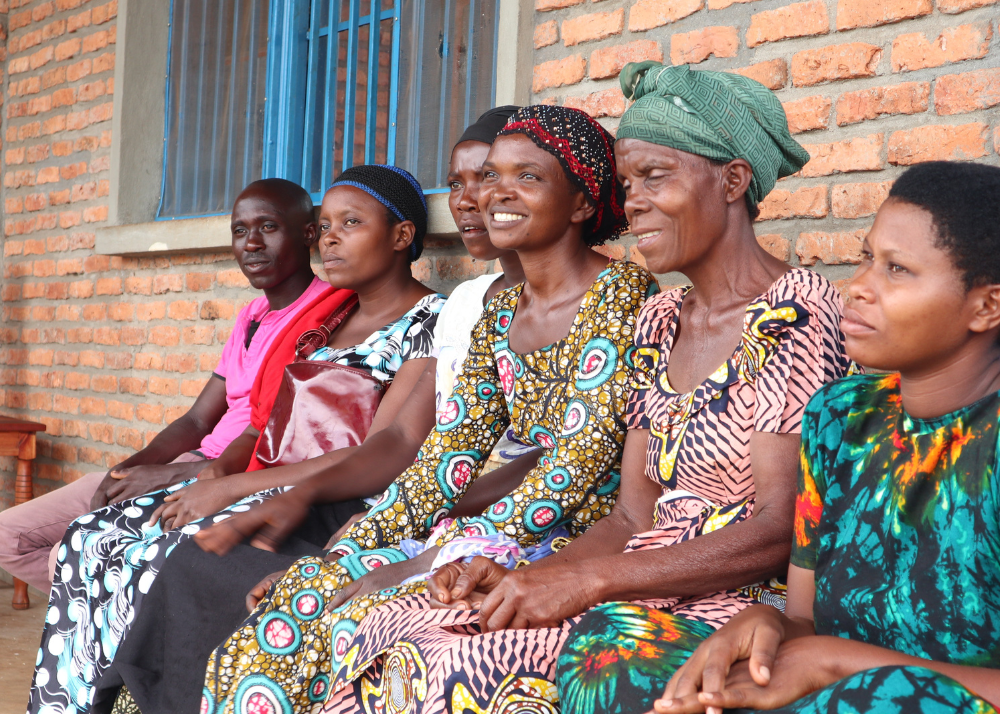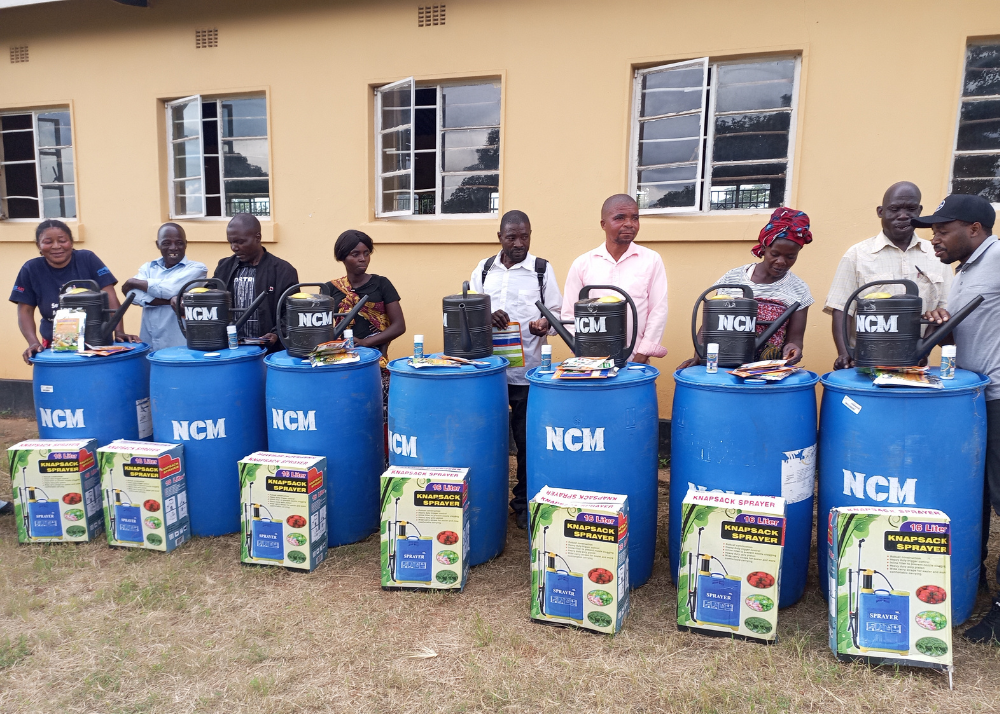Sylvane is participating in a group in her community that is learning agricultural skills and entrepreneurship to create food stability for her family and her neighbors in Burundi.
“My kids were sick, always sick. Many in our community are jobless and the old ways of growing food no longer work," she explained.

When food is hard to find.
Local Nazarene churches and Nazarene Compassionate Ministries are working together through agriculture, entrepreneurship, and education projects to address malnutrition and the illnesses that come with it. These projects are operating in Armenia, Burundi, Malawi, Sri Lanka, and Zambia.
In these nations, food insecurity looks like:
-
Armenia: Refugees resettling in Armenia face heightened vulnerability to hunger due to limited access to consistent employment.
-
Burundi: Approximately 74% of the population lives on less than $3 per day, reflecting widespread extreme poverty. Nearly 2 million people face crisis-level food insecurity, and 56% of children under five are chronically malnourished (stunted).
-
Malawi: Weather-related disasters, including Cyclone Freddy and repeated droughts, have driven up food prices and displaced thousands. As many as 4 to 5 million people are expected to experience crisis-level hunger during the 2024/25 lean season.
-
Sri Lanka: Coastal communities in Sri Lanka, once reliant on fishing, now face increasing food insecurity due to overfishing, population growth, drought, and saltwater intrusion. Nearly 29% of children under five are underweight.
-
Zambia: In 2024, Zambia declared a national disaster due to its worst drought in decades. Combined with infertile soil and economic hardship, this has left millions in rural areas at risk of hunger and malnutrition.

Local churches in Zambia are responding to food security needs through agricultural and entrepreneurship education, conservation farming, and focusing on sustainability for participants.
The distribution of maize, groundnuts, soybeans, cassava, sweet potatoes, and other vegetable seeds combined with training and ongoing support is providing encouragement and support for small-scale farmers like Musongo Paul.
“Before the project, I depended upon fishing which was so dangerous because we had to fish at night as it was the best time to catch," Paul said. "This project made me realize that there are so many things that I can do to change our situation at home. Life is so much better now because I have established a business which will eventually grow.”
How does the Seeds of Hope project make a difference?
When people have access to enough food, community health improves. Children can focus on schooling without the distraction of hunger. Illness can be more easily fought. Parents don't have to fret about their children's nutrition, and the elderly live longer lives.
Through the Sowing Hope project, lives are being transformed:
- Churches in Armenia are training people in business practices that will enable them to provide for their families and employ neighbors
- Farming supplies and agricultural education for leaders in Burundi, Malawi, Sri Lanka, and Zambia lead to flourishing crops that feed families
- New savings groups are being formed, which allow farmers to save up and take out micro loans to expand their farms and grow their agriculture businesses
MORE ABOUT FOOD SECURITY
LATEST PROGRAM UPDATE
SEE THE IMPACT OF FOOD SECURITY
Learn more →
SHARING FOOD, FINDING HOPE
LEARN ABOUT A FOOD DISTRIBUTION PROJECT IN FRANCE
Read here →
MORE PROJECTS
Churches working to end hunger
Visit our Food Security program page →
You can be part of cultivating flourishing communities.
Your support will help address hunger and malnutrition for years to come. Give today to support this project through Nazarene Compassionate Ministries.
